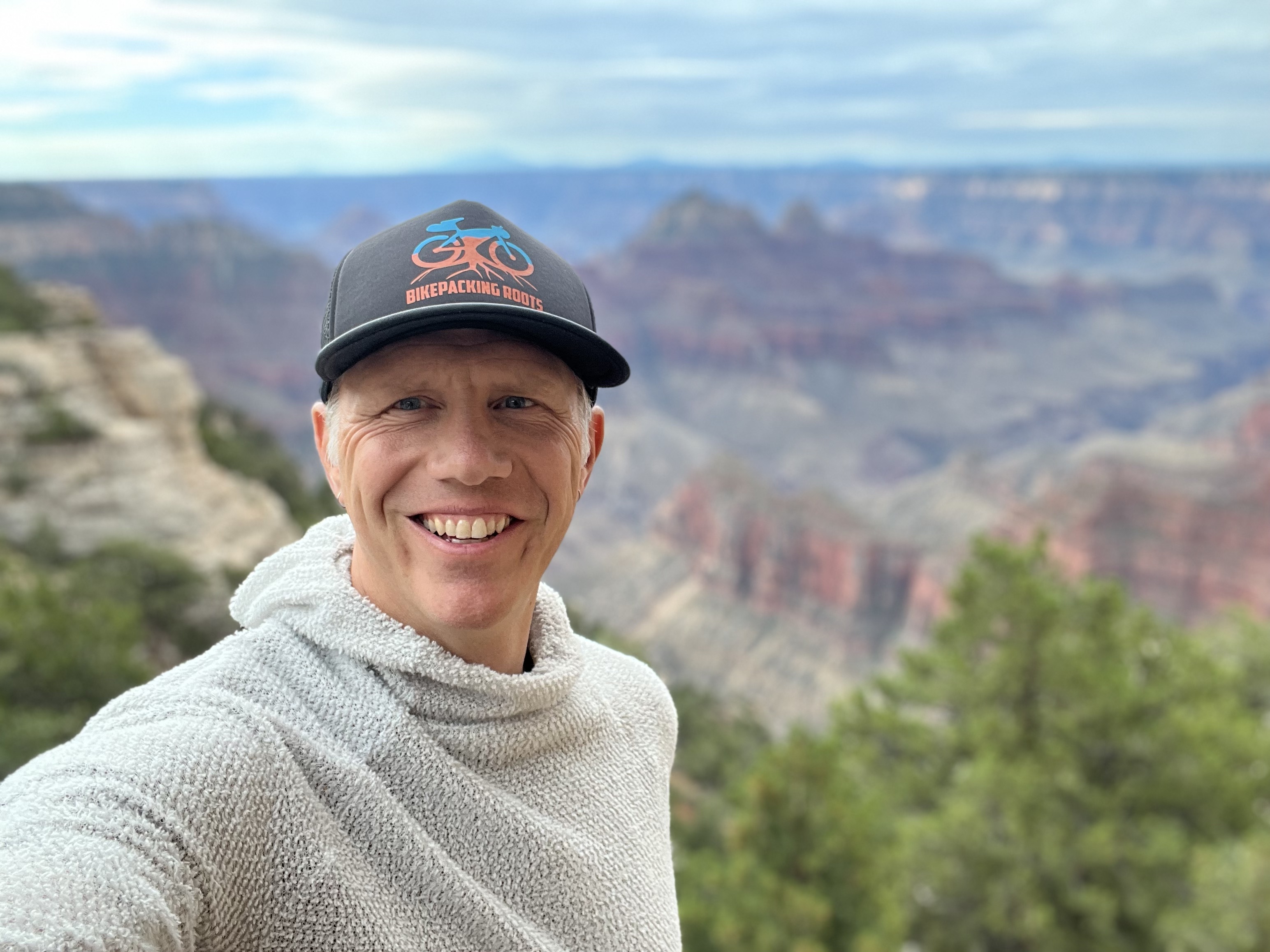Do hard things
Recently one of my former students at Plymouth State University, Zach Goldenberg, was awarded the 2013 Graduating Senior Award of Excellence. Zach is an amazing person and the award is well-deserved. I was fortunate to have Zach as a student in several of my classes, including Calculus I, Calculus II, Intro to Proof, Number Theory, and Abstract Algebra. As a freshman, he was the top student in both calculus courses. In the other courses, he consistently stood out as one of the top students. In addition, Zach was one of four undergraduate research students that worked on an original research project with me during the 2010–2011 academic year. Along with his fellow researchers, Zach presented the findings of their research at two regional conferences and presented a poster at the Joint Mathematics Meetings. Zach was instrumental in the success of this research group. Zach graduated summa cum laude with a double major in mathematics and political science. He was heavily involved with service opportunities, giving back in the local community at the Pemi Youth Center and internationally through his work with PSU’s Nicaragua Club and as an intern with Compas de Nicaragua, a non-profit organization dedicated to improving lives in urban and rural Nicaragua.
One of the things that I like best about Zach is his enthusiasm for life. His positive attitude is contagious and makes him an absolute pleasure to be around. He is constantly smiling and providing words of encouragement to those around him. Zach has been an exceptional role model for others by demonstrating that hard work pays off, and that the right attitude can make the difficulties and challenges enjoyable.
Below is a short video in which Zach was able to provide us with some words of wisdom.
When asked whether he had any advice for future students/graduates, Zach responded with:
Do hard things. It’s not that I want people to try and fail at things, but even if they do try and fail, that sometimes is the best experience that you can have. Try to do impossible things; you’d be amazed at how much you grow in just trying to do that. Try to do something bigger than yourself.
This dude is going to help change the world for the better. Well done Zach!
Zach’s perspective resonates with the reasons that I choose to teach via inquiry-based learning (IBL). Of course, I want my students to learn mathematics in my classes, but what I really want is to provide them with an opportunity to have a transformative experience. I want my students to yearn for challenges and to learn to turn their stumbling blocks into stepping stones.
Dana C. Ernst
Mathematics & Teaching
Northern Arizona University
Flagstaff, AZ
Website
928.523.6852
Instagram
Strava
GitHub
arXiv
ResearchGate
LinkedIn
Mendeley
Google Scholar
Impact Story
ORCID
About This Site
This website was created using GitHub Pages and Jekyll together with Twitter Bootstrap.
Unless stated otherwise, content on this site is licensed under a Creative Commons Attribution-Share Alike 4.0 International License.
The views expressed on this site are my own and are not necessarily shared by my employer Northern Arizona University.
The source code is on GitHub.
Land Acknowledgement
Flagstaff and NAU sit at the base of the San Francisco Peaks, on homelands sacred to Native Americans throughout the region. The Peaks, which includes Humphreys Peak (12,633 feet), the highest point in Arizona, have religious significance to several Native American tribes. In particular, the Peaks form the Diné (Navajo) sacred mountain of the west, called Dook'o'oosłííd, which means "the summit that never melts". The Hopi name for the Peaks is Nuva'tukya'ovi, which translates to "place-of-snow-on-the-very-top". The land in the area surrounding Flagstaff is the ancestral homeland of the Hopi, Ndee/Nnēē (Western Apache), Yavapai, A:shiwi (Zuni Pueblo), and Diné (Navajo). We honor their past, present, and future generations, who have lived here for millennia and will forever call this place home.
